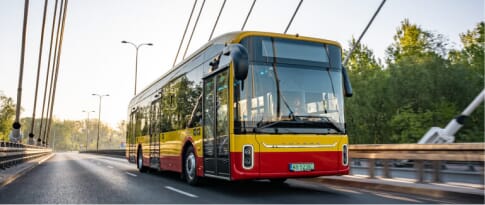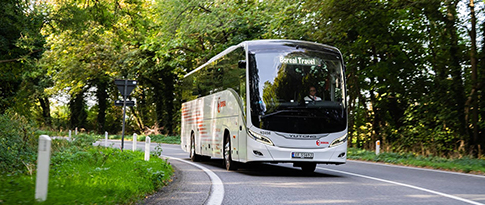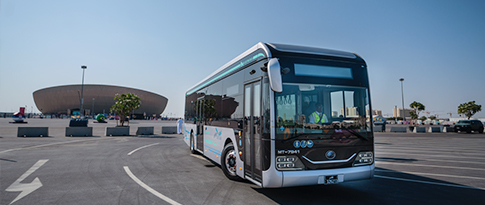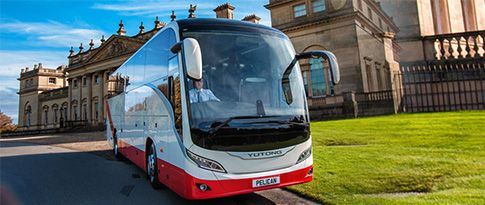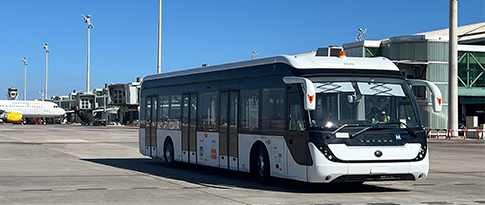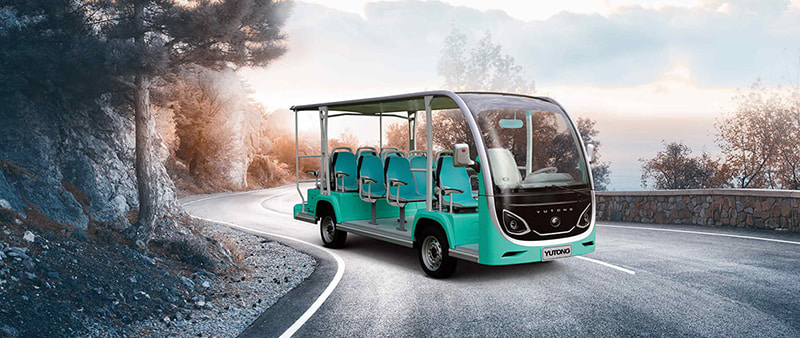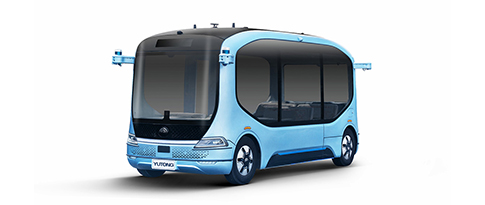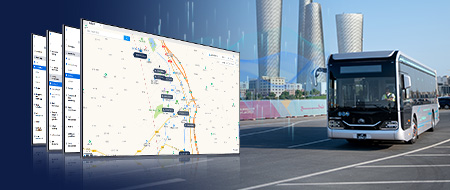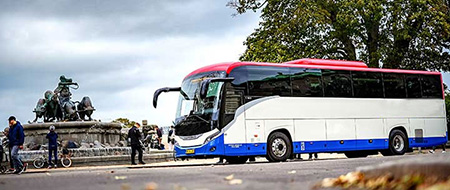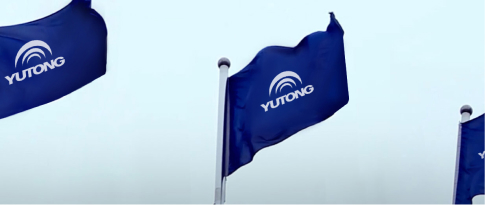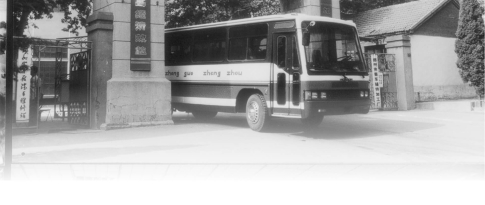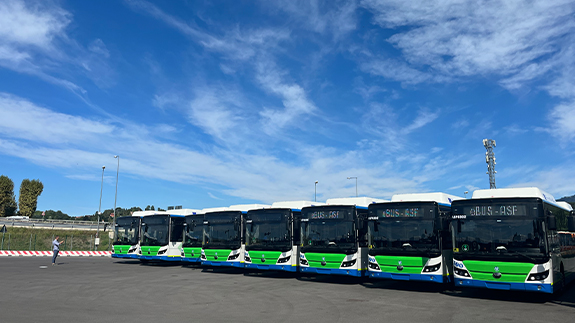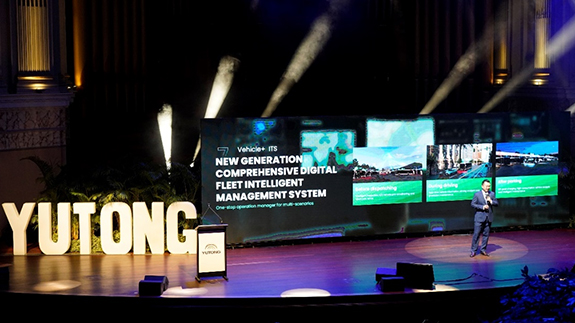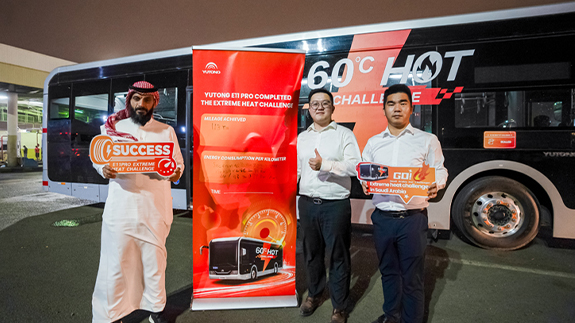Yutong leads technology-driven bus industrial transformation and upgrading
Boosted by governments’ favorable policies, China new energy vehicle industry has been maintaining a fast growing momentum. According to the statistics released by China Association of Automobile Manufacturers (CAAM), the nation’s sales volume of new energy vehicles reached 507,000 units in 2016. Despite the impressive achievements, the industry is still facing a host of challenges.
On January 14, 2017 China Electric Vehicle 100 Forum, also known as 2017 China EV100 Forum was held in Beijing. At the forum, the future development trend of the new energy vehicle industry is the biggest concern of all participants. Niu Bo, General Manager of Yutong, delivered a keynote speech on Promoting the Sustainable Development of New Energy Bus Industry by Technological Innovation. “From the 10th Five-year Plan period to the 13th Five-year Plan period, China’s new energy bus industry has gone through four major phases. In the first phase, the research and development institutions were established; in the second phase, the technological foundation was laid out; mastering the core technologies is the third stage and improving the product quality is the fourth”, says Niu. And his views were echoed by all the participants.
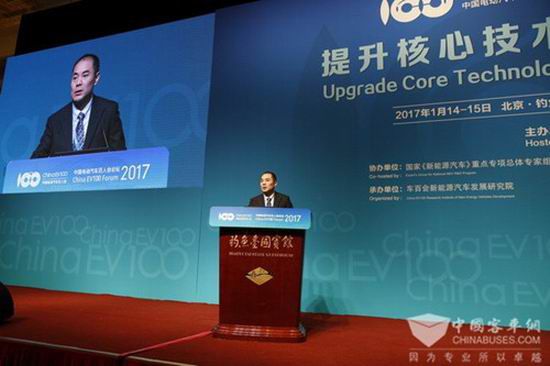
In the past few years, China has put over 200,000 units new energy buses on the road, becoming the home to the number of new energy bus fleet in the world. During the 12th Five-year Plan period, China launched a series of measures to support the research and development of key technologies for the energy-saving and new energy vehicles.
Advanced technologies are the very foundations for the success of bus manufacturers. Currently, China’s 12-meter hybrid bus only consumes 17 liters of fuel for driving 100 kilometers, achieving higher fuel economy when compared with those of foreign bus brands. Thanks to the newly developed electric driving systems, intelligent start-ups, lowered body weight and energy-saving auxiliary systems, new energy buses made by Chinese bus manufacturers have significantly cut the fuel consumption and improved their overall reliability. In terms of electric bus, the most advanced 12-meter electric bus is now able to drive 100 kilometers with a minimum supply of 0.63 kWh energy. Such a performance is superior to its overseas counterparts. So far, many key spare parts of electric buses, such as controllers for electric motors, power batteries, recharging facilities are all made in China. Moreover, the energy density of power batteries has improved significantly.
In the field of fuel cell buses, China’s fuel cell bus consumes 7.28 kilograms of hydrogen driving 100 kilometers. Though better than that of foreign brands, but the life-expectancies and reliability of fuel cells and the vehicle’s start-up at low temperatures are still lagging behind. In addition, China has been keeping pace with the international development in intelligent management and operation of electric buses, especially the safety standards of electric buses has improved by leaps and bounds. Still, much work needs to be done in order to catch up with those with higher level of commercialization and the higher technological standards.
By 2020, China aims to cut its carbon emission by 40%-45%. Against such a backdrop, new energy vehicles, especially new energy buses and coaches, are expected to witness a booming period of fast growth.
Based on the central government’s Energy-saving and New Energy Vehicle Technological Innovation Guide, new energy bus manufacturers are expected to further cultivate their own technological competitiveness and further improve their product quality. To achieve these goals, Yutong came up with five suggestions for the future development of China’s new energy bus industry.
First, guidelines must be made for new energy bus operators for selecting, operating and replacing new energy vehicles, making sure that those new energy buses in operation fully meet the safety standards and deliver satisfactory performances; second, regulations must be formed for the maintenance and repair of new energy buses. All bus operators are required to meet vehicle management regulations and establish safety operation systems; third, intelligent bus operation and management systems must be established and intelligent driving system should be the standards for every new energy bus; fourth, Chinese bus manufacturers should keep a close eye on its foreign counterparts and strengthen the overall competitiveness of China’s new energy buses; fifth, measures must be taken to speed up the construction of fast-recharging facilities for new energy buses. It is firmly believed that with the government’s continued supports, China’s new energy bus industry, led by Yutong, will play an increasingly important role in the global bus market.
Previous News
Subscribe
Receive the news that you are interested in.
Submit
